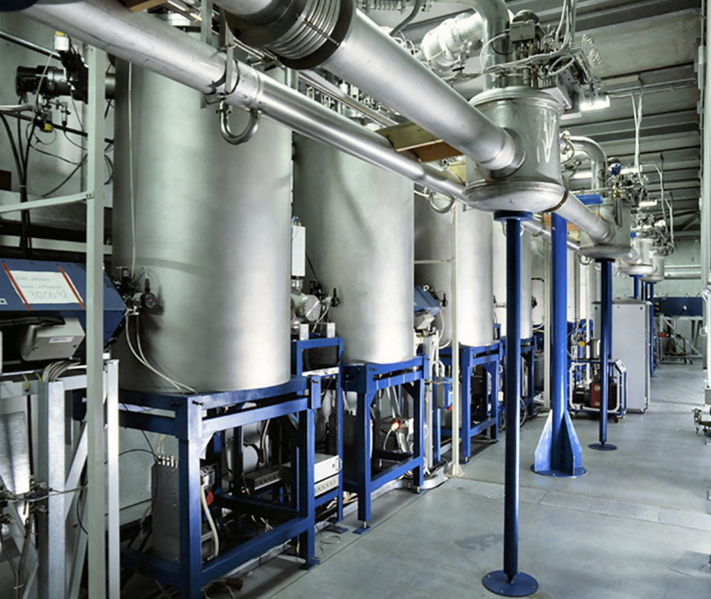Teaching
We teach courses for bachelor's, master's and PhD students a the University of Florence. Our courses cover the many facets of the nuclear system, from detectors to advanced electronics, to reaction mechanisms, nuclear astrophysics, medical applications of radiation technologies, and quantum phenomena. Additional information on our courses can be found on the webpage of the University of Florence: for the bachelor's courses here, and for the master's courses here.
Introduction to Nuclear and Subnuclear Physics
For bachelor's students
In the "Nuclear Physics" section, this course for bachelor's students explores the nucleus's mass and dimensions, the nuclei's static properties, the binding energy within the nucleus, the liquid-drop model, the Fermi gas model, the deuteron, and radioactivity, including alpha decay. Transitioning to the "Subnuclear Physics" section, the course covers leptons and weak interactions, quarks and hadrons, parity and charge conjugation, the quark model of hadrons, weak interactions of quarks and leptons, and the physics at LEP.
Our professor: Gabriele Pasquali (gabriele.pasquali@fi.infn.it)
In the "Nuclear Physics" section, this course for bachelor's students explores the nucleus's mass and dimensions, the nuclei's static properties, the binding energy within the nucleus, the liquid-drop model, the Fermi gas model, the deuteron, and radioactivity, including alpha decay. Transitioning to the "Subnuclear Physics" section, the course covers leptons and weak interactions, quarks and hadrons, parity and charge conjugation, the quark model of hadrons, weak interactions of quarks and leptons, and the physics at LEP.
Our professor: Gabriele Pasquali (gabriele.pasquali@fi.infn.it)
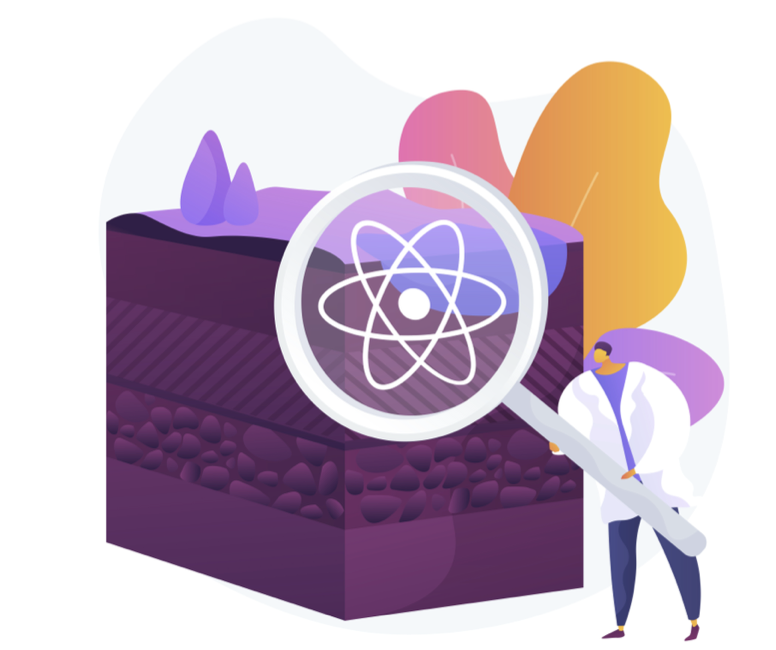
Image of vectorjuice on Freepik
Radioactivity: Quantum Phenomena and Impact on Society
For bachelor's students
This course for bachelor's students introduces the phenomenon of radioactivity from its discovery to the latest breakthroughs. After introducing alpha, beta, and gamma radioactivity, we will briefly discuss safety issues and dosimetry. We will then move to the lab, with experiences to measure quantities typical of the quantum realm (e.g., spin and lifetime) exploiting radioactivity. Last, we will provide a few seminars about the latest findings regarding radioactivity and related applications.
Our professors: Alberto Camaiani (alberto.camaiani@fi.infn.it), Marco Rocchini (marco.rocchini@fi.infn.it)
This course for bachelor's students introduces the phenomenon of radioactivity from its discovery to the latest breakthroughs. After introducing alpha, beta, and gamma radioactivity, we will briefly discuss safety issues and dosimetry. We will then move to the lab, with experiences to measure quantities typical of the quantum realm (e.g., spin and lifetime) exploiting radioactivity. Last, we will provide a few seminars about the latest findings regarding radioactivity and related applications.
Our professors: Alberto Camaiani (alberto.camaiani@fi.infn.it), Marco Rocchini (marco.rocchini@fi.infn.it)
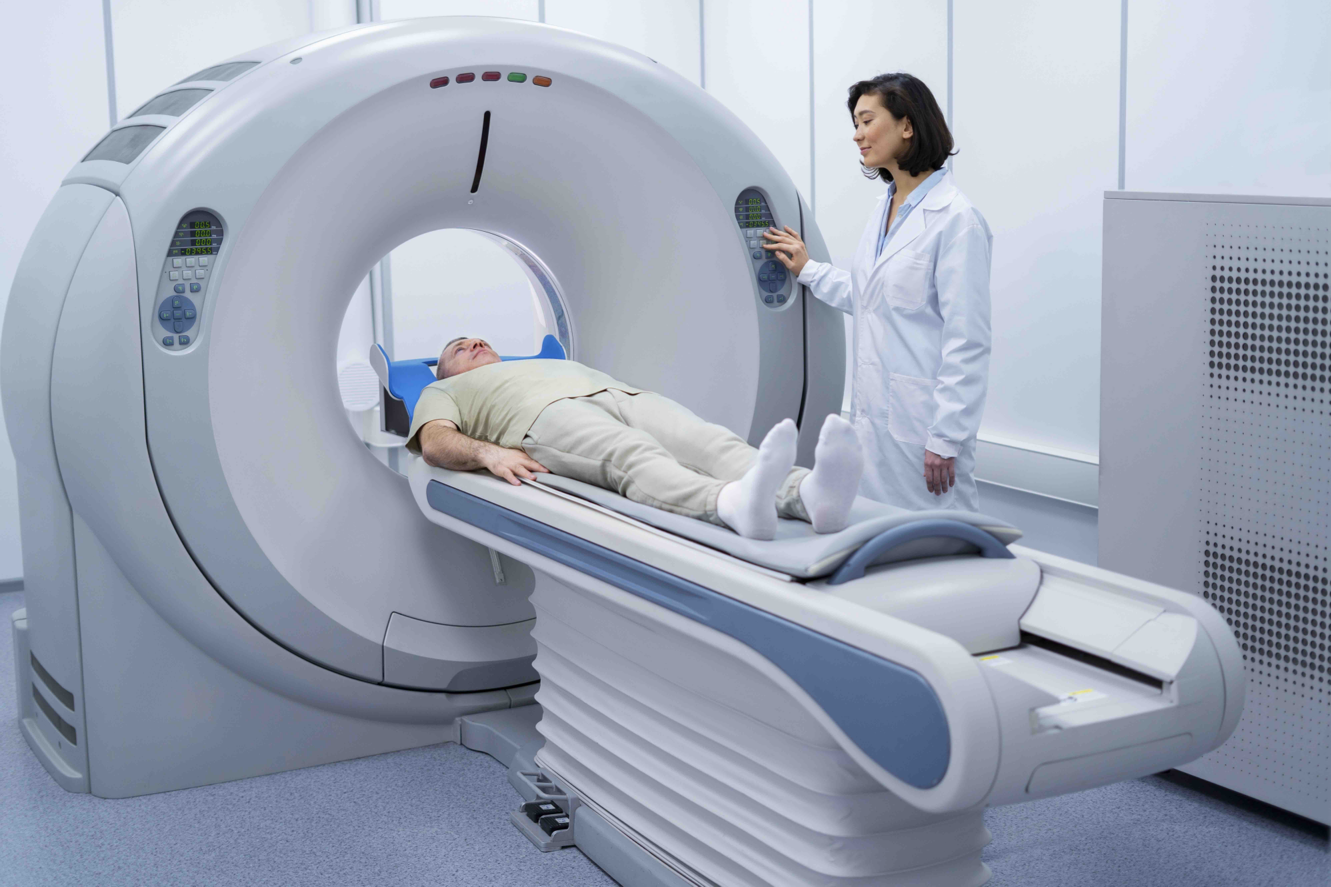
Image of Freepik
Elementary Particles
For bachelor's students
This course, designed for bachelor's students, offers an introduction to the world of particle physics and its wide-ranging applications. Following a general overview, students will explore dedicated modules focusing on specific topics. In the module organised by our group, we will dive into gamma-ray spectroscopy, discovering how this powerful technique contributes both to fundamental research and to practical applications in society.
Our professor: Marco Rocchini (marco.rocchini@fi.infn.it)
This course, designed for bachelor's students, offers an introduction to the world of particle physics and its wide-ranging applications. Following a general overview, students will explore dedicated modules focusing on specific topics. In the module organised by our group, we will dive into gamma-ray spectroscopy, discovering how this powerful technique contributes both to fundamental research and to practical applications in society.
Our professor: Marco Rocchini (marco.rocchini@fi.infn.it)
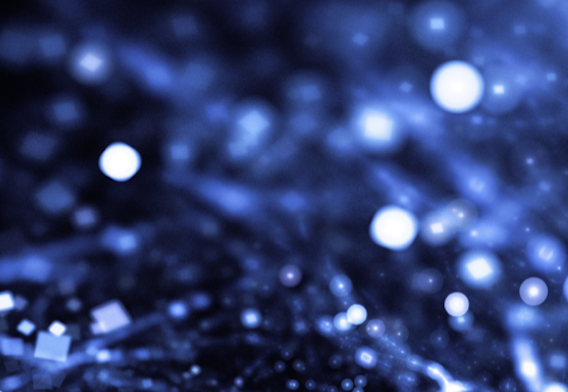
Image of Freepik
Ionizing Radiation Detectors
For master's students
Explore ionizing radiation sources in this course for master's students, covering the passage of radiation through matter. Delve into gas detectors, semiconductor detectors (including silicon and germanium), and scintillation detectors. Gain insights into the electronics for detectors, providing a comprehensive understanding of radiation detection technologies and their applications.
Our professor: Gabriele Pasquali (gabriele.pasquali@fi.infn.it)
Explore ionizing radiation sources in this course for master's students, covering the passage of radiation through matter. Delve into gas detectors, semiconductor detectors (including silicon and germanium), and scintillation detectors. Gain insights into the electronics for detectors, providing a comprehensive understanding of radiation detection technologies and their applications.
Our professor: Gabriele Pasquali (gabriele.pasquali@fi.infn.it)
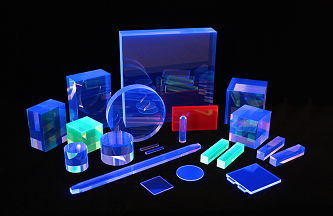
Image of Azimuth Photonics
Nuclear Physics Laboratory Course
For master's students
This course for master's students deals with particle interaction with matter, covering X and gamma-ray interactions, ionization chambers, proportional counters, scintillation detectors, and specialized detectors like silicon and germanium detectors. It also delves into signal transmission, front-end amplifiers, shapers, and linear signal shaping. The laboratory component includes hands-on studies of current and charge waveforms, signal shaping techniques, and energy spectra analysis.
Our professors: Sandro Barlini (sandro.barlini@fi.infn.it), Gabriele Pasquali (gabriele.pasquali@fi.infn.it)
This course for master's students deals with particle interaction with matter, covering X and gamma-ray interactions, ionization chambers, proportional counters, scintillation detectors, and specialized detectors like silicon and germanium detectors. It also delves into signal transmission, front-end amplifiers, shapers, and linear signal shaping. The laboratory component includes hands-on studies of current and charge waveforms, signal shaping techniques, and energy spectra analysis.
Our professors: Sandro Barlini (sandro.barlini@fi.infn.it), Gabriele Pasquali (gabriele.pasquali@fi.infn.it)
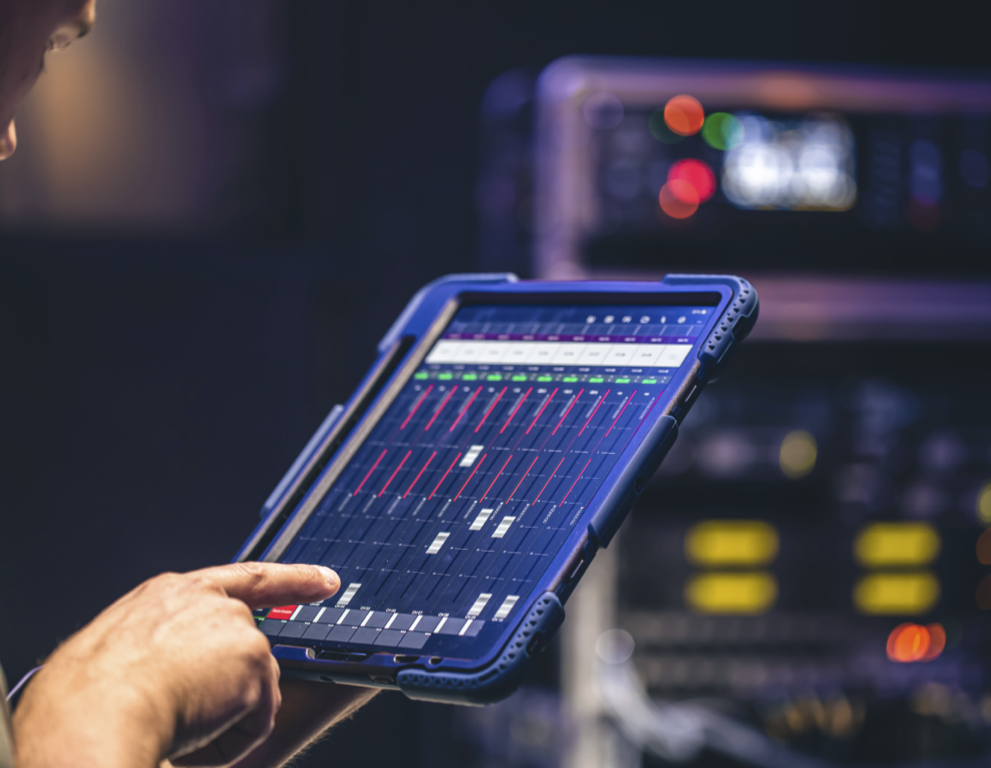
Image of pvproductions on Freepik
Nuclear and Subnuclear Physics
For master's students
In the "Nuclear Physics" section, this course for master's students explores nucleon-nucleon scattering, introduces the concept of isospin, delves into the nuclear shell model, examines beta decay, and investigates electron-nucleus scattering. The "Subnuclear Physics" section provides a review of relativistic kinematics, introduces the Feynman diagrams formalism, offers insights into strong interactions, explores electron-nucleon scattering, and delves into the physics of hadron colliders.
Our professor: Gabriele Pasquali (gabriele.pasquali@fi.infn.it)
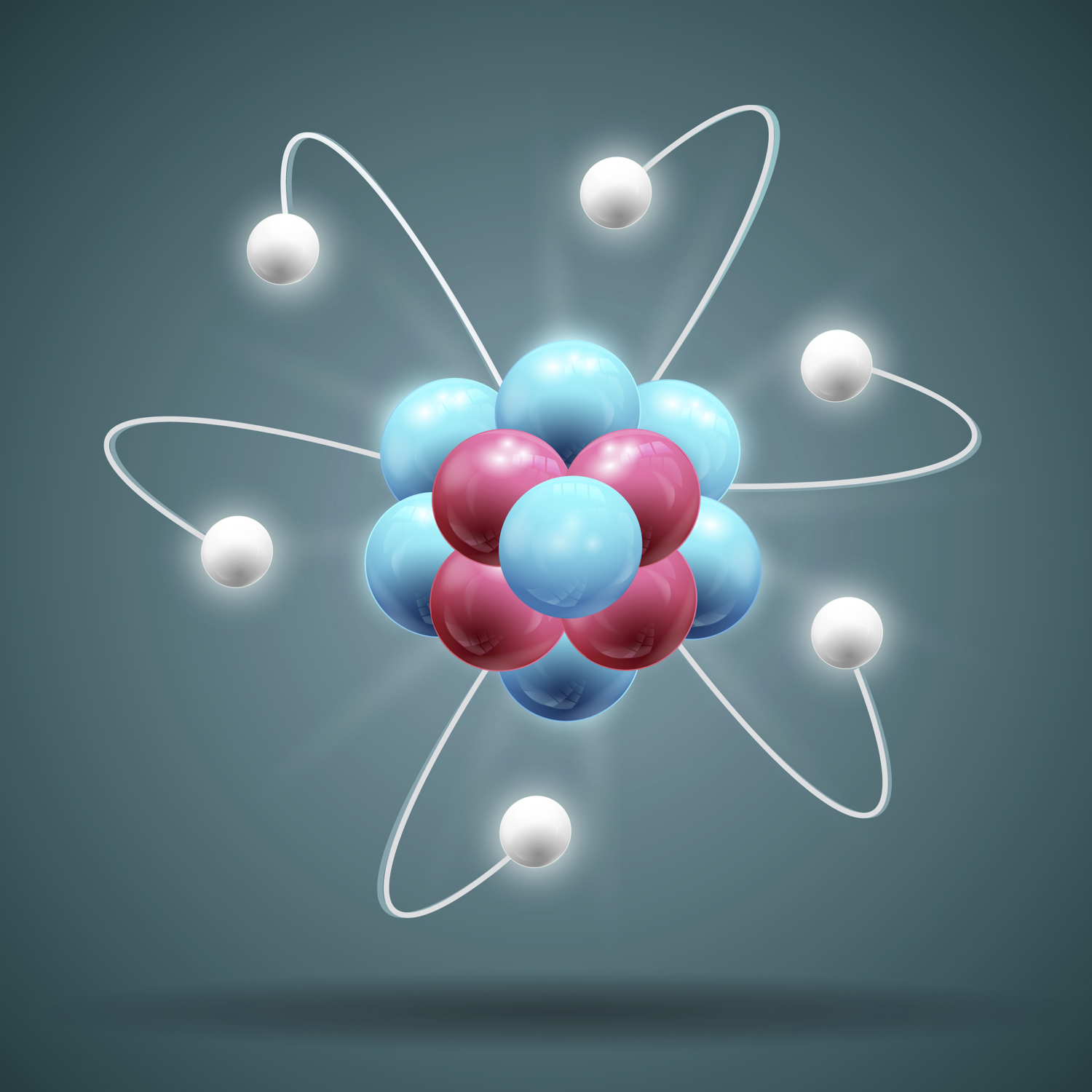
Image of macrovector on Freepik
Data Acquisition Systems
For master's and PhD students
This course for master's and PhD students introduces the most common standards used to communicate with lab instruments. The first part is dedicated to the LabView software and then shows the C functions dedicated to peripheral I/O. While writing code in LabView and C, the course introduces the SCPI language adopted in various communication buses. Finally, the course shows how to write a Linux kernel module to increase as much as possible the efficiency of real-time data acquisition. An application of the course is the data handling in a measure of environmental background radioactivity through a scintillator crystal coupled to a photomultiplier tube read by a peak sensing ADC.
Our professor: Simone Valdré (simone.valdre@fi.infn.it)
This course for master's and PhD students introduces the most common standards used to communicate with lab instruments. The first part is dedicated to the LabView software and then shows the C functions dedicated to peripheral I/O. While writing code in LabView and C, the course introduces the SCPI language adopted in various communication buses. Finally, the course shows how to write a Linux kernel module to increase as much as possible the efficiency of real-time data acquisition. An application of the course is the data handling in a measure of environmental background radioactivity through a scintillator crystal coupled to a photomultiplier tube read by a peak sensing ADC.
Our professor: Simone Valdré (simone.valdre@fi.infn.it)
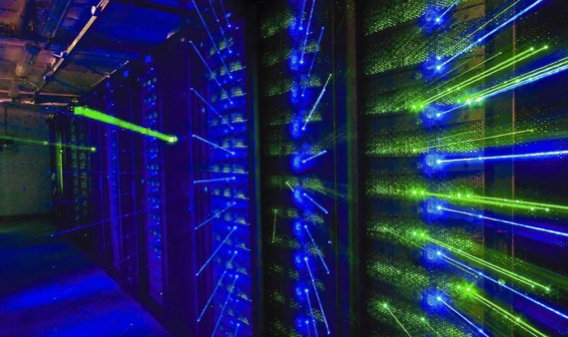
Image of INFN
Physics with Radioactive Ion Beams
For master's and PhD students
This course for master's and PhD students delves into heavy ion collisions with radioactive beams. Explore shape coexistence in exotic nuclei, atomic electric dipole moments, and pear-shaped nuclei. Investigate electric isospin transport phenomena and the nuclear equation of state. Discover setups and detectors for radioactive beams, including large arrays for gamma radiation and particle detection, and active targets. Gain insights through examples of experimental analysis, offering a succinct overview of heavy ion collision studies and their practical applications.
Our professors: Adriana Nannini (adriana.nannini@fi.infn.it), Silvia Piantelli (silvia.piantelli@fi.infn.it)
This course for master's and PhD students delves into heavy ion collisions with radioactive beams. Explore shape coexistence in exotic nuclei, atomic electric dipole moments, and pear-shaped nuclei. Investigate electric isospin transport phenomena and the nuclear equation of state. Discover setups and detectors for radioactive beams, including large arrays for gamma radiation and particle detection, and active targets. Gain insights through examples of experimental analysis, offering a succinct overview of heavy ion collision studies and their practical applications.
Our professors: Adriana Nannini (adriana.nannini@fi.infn.it), Silvia Piantelli (silvia.piantelli@fi.infn.it)
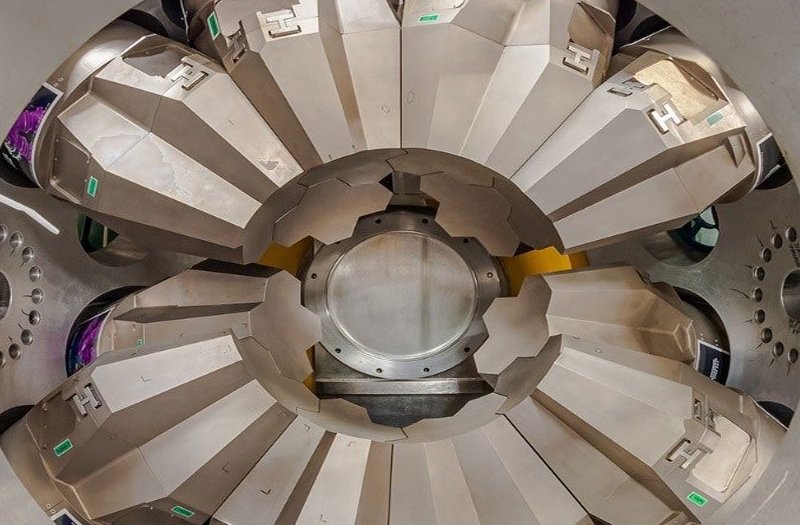
Image of US Department of Energy
Fusion, Fission and Nuclear Reactions
For master's and PhD students
This course for master's and PhD students explores nuclear fusion and fission, covering their occurrence in stars, accelerators, and reactors. It provides insights into various nuclear reactions, types, and applications. The course delves into the main categories of nuclear accelerators, conservation laws, and energetics, covering reaction cross sections, Coulomb and nuclear scattering, and different reaction types such as direct, compound-nucleus, resonance, and other heavy-ion reactions.
Our professors: Sandro Barlini (sandro.barlini@fi.infn.it), Alberto Camaiani (alberto.camaiani@fi.infn.it)
This course for master's and PhD students explores nuclear fusion and fission, covering their occurrence in stars, accelerators, and reactors. It provides insights into various nuclear reactions, types, and applications. The course delves into the main categories of nuclear accelerators, conservation laws, and energetics, covering reaction cross sections, Coulomb and nuclear scattering, and different reaction types such as direct, compound-nucleus, resonance, and other heavy-ion reactions.
Our professors: Sandro Barlini (sandro.barlini@fi.infn.it), Alberto Camaiani (alberto.camaiani@fi.infn.it)
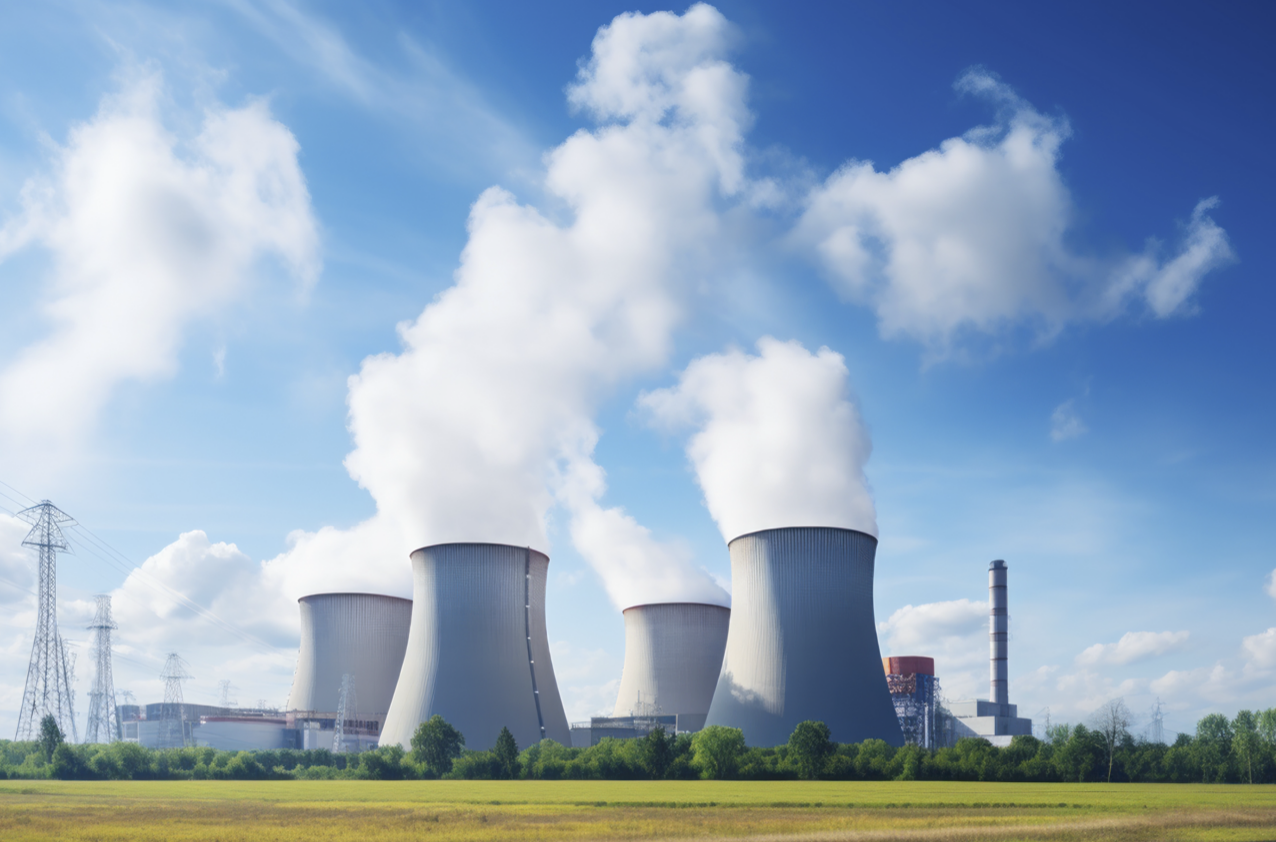
Image of nuraghies on Freepik
Experimental Methods of Nuclear Physics
For master's and PhD students
This course for master's and PhD students discusses versatile measurement techniques like magnetic spectrometry and cinematic methods, applied in nuclear physics, astrophysics, and applied physics. It covers the identification of charged nuclear fragments through energy measurements and timing using various detectors. Additionally, it showcases modern apparatuses for nuclear physics experiments, offering a concise overview of diverse measurement methods and their applications across scientific disciplines.
Our professors: Sandro Barlini (sandro.barlini@fi.infn.it), Giovanni Casini (giovanni.casini@fi.infn.it)
This course for master's and PhD students discusses versatile measurement techniques like magnetic spectrometry and cinematic methods, applied in nuclear physics, astrophysics, and applied physics. It covers the identification of charged nuclear fragments through energy measurements and timing using various detectors. Additionally, it showcases modern apparatuses for nuclear physics experiments, offering a concise overview of diverse measurement methods and their applications across scientific disciplines.
Our professors: Sandro Barlini (sandro.barlini@fi.infn.it), Giovanni Casini (giovanni.casini@fi.infn.it)
